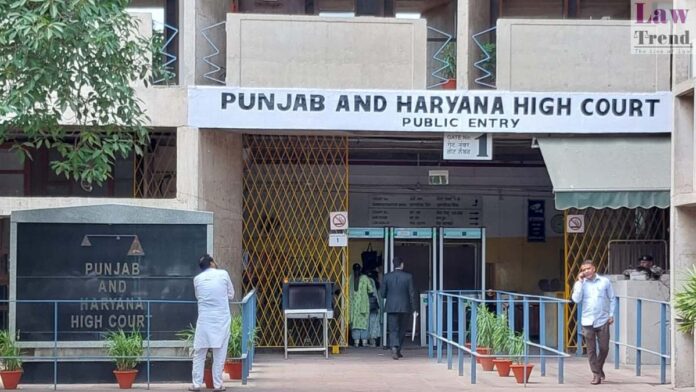In a significant ruling impacting state recruitment processes, the Punjab and Haryana High Court has struck down a 2019 notification issued by the Haryana government that granted up to 10 bonus marks based on socio-economic criteria in the recruitment for Group B and Group C posts.
A division bench of Justice Sanjeev Prakash Sharma and Justice Meenakshi I Mehta declared the policy unconstitutional, observing that it created an “artificial class of applicants” entitled to additional marks, thereby violating the principle of equality enshrined under Article 16 of the Constitution.
“No other reservation except the one as available under Article 15 and 16 of the Constitution can be laid down by any state,” the bench stated in its judgment.
Court Orders Revised Merit List
The decision came in response to multiple petitions filed in 2021 challenging the additional marks provision, particularly during ongoing recruitment processes, including the selection for 146 posts of Junior System Engineers in Dakshin Haryana Bijli Vitran Nigam (DHBVN).
The High Court directed the Haryana government to publish revised results for affected recruitments within three months. Candidates who continue to fall within the revised merit list will retain their appointments.
However, in a humanitarian exception, the court protected those who had already been appointed based on the now-quashed policy but may not fall within the revised merit list. Such candidates will be permitted to continue:
- Against future vacancies, as and when those arise.
- On an ad hoc basis, until permanent appointments can be made.
- With retrospective seniority, from the date the future vacancies are filled.
The court noted that these candidates “should not be made to suffer for no fault of theirs”, recognizing that many had been employed for several years under the erstwhile system.
The 2019 Notification and Government’s Defense
The controversial policy, notified in June 2019, allocated 90 marks for the written examination and 10 marks based on socio-economic status. These bonus marks were awarded to candidates falling in categories such as:
- Applicants without any regular state-employed family member (up to 5 marks),
- Widows or children of deceased parents under specified age criteria (up to 5 marks),
- Nomadic tribes (5 marks).
Defending the policy, the Haryana government argued that it aimed at uplifting marginalized groups and served the “greater good of society”. The government contended that individual merit should not outweigh broader societal interests.
Broader Implications
The ruling is expected to impact several past and ongoing recruitments across Haryana’s departments and educational institutions. Legal experts suggest this decision reinforces the constitutional boundaries within which states must operate while designing affirmative action or bonus mark schemes.
The Haryana government now has a three-month deadline to revise the selection results and comply with the court’s directions.




